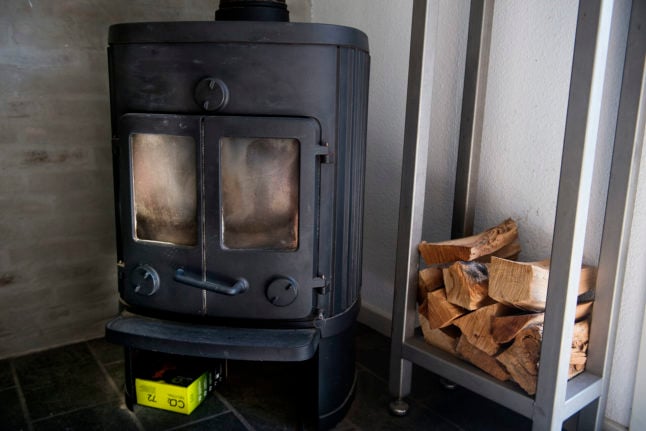In general, all wood-burning stoves installed before 2003 must be removed under Danish Environmental Protection Agency (Miljøstyrelsen) rules. There can also be local variations on these rules, enforced by municipalities – in some cases applicable to stoves as recent as 2008.
As such, anyone who buys a property in Denmark must check what they need to do if there is a wood burner in the house when they move in.
It is the buyer who is responsible for both registering the wood burner and replacing or removing it if necessary, real estate law specialists Danske Boligadvokater state in a press release.
“As a buyer, you have 12 months to replace or destroy the wood-burning stove and register this. If you don’t comply with the rules… you can be fined,” the organisation’s board member Rasmus Lindsten said in the press release.
“Firstly, you will get a warning from the Environmental Protection Agency, and if you still don’t abide by your obligations, the agency can issue weekly administrative fines of 1,000 kroner over a 5-week period,” he warned.
According to the organisation’s figures, there are around 600,000 wood-burning stoves in Denmark and around 260,000 of them date from before 2003, so acquiring one as part of a house purchase is not unfathomable.
“The price of scrapping or changing a wood burner or fireplace varies according to the size of the job, and whether you’re able to do parts of it yourself,” Lindsten said.
The price of a new wood burner can range from 8,000 kroner to 40,000 kroner, the organisation says. Installation can cost 5,000 kroner.
READ ALSO: Should Danish homes use fireplaces as an alternative heating source?
Rules relating to private wood-burning stoves were tightened by the government in 2021 in an effort to reduce air pollution. A modern wood burner emits 70 percent less than an equivalent in 2005 in terms of air particles, according to Danske Boligadvokater.
Even modern wood burners are a significant contributor to air pollution, though: fireplaces contribute around a third of the air pollution created within Denmark.
Climate advocacy group Green Transition Denmark has called for addition legislation to forbid wood burners entirely in densely populated areas.
A law passed by the government in July 2023 meanwhile allows individual municipalities to ban wood-burning stoves dated as recently as 2008 in areas with district heating or natural gas heating. Municipalities can decide whether or not to implement the rule.



 Please whitelist us to continue reading.
Please whitelist us to continue reading.
Member comments